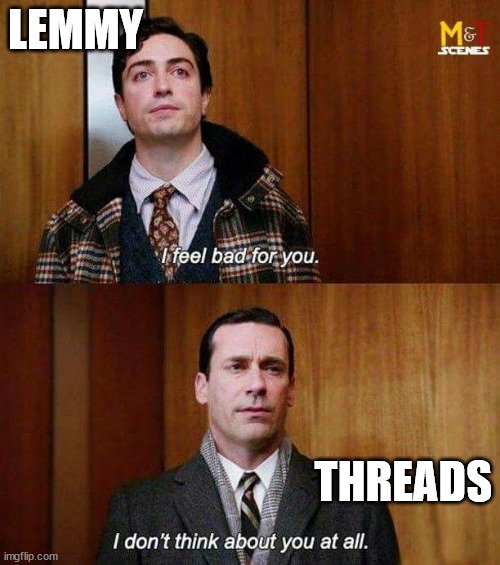I have the perfect solution - rdx.overdevs.com
It’s mobile-friendly, and you can follow/subscribe without creating an account. You can also import a list of current subscriptions from your old reddit account using a .json file.
The only issue is that it’s read-only and you can’t create an account, post or upvote. But given the shitstorm that is the reddit admin team, i view this as a good thing!








Ah i wasn’t sure if you just wanted to follow or participate. This solution allows you to follow but not participate